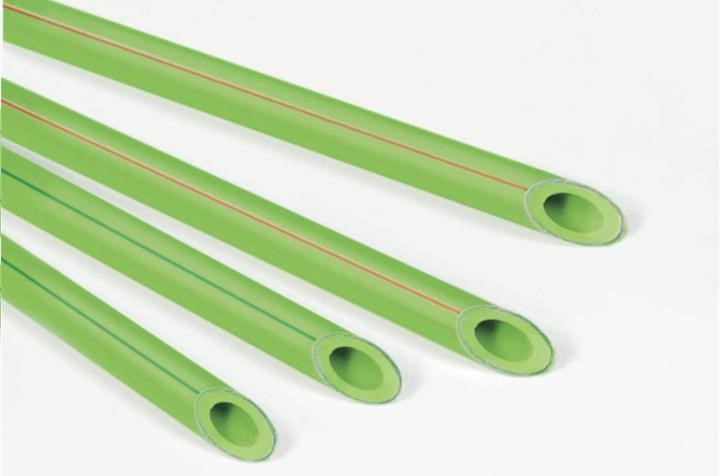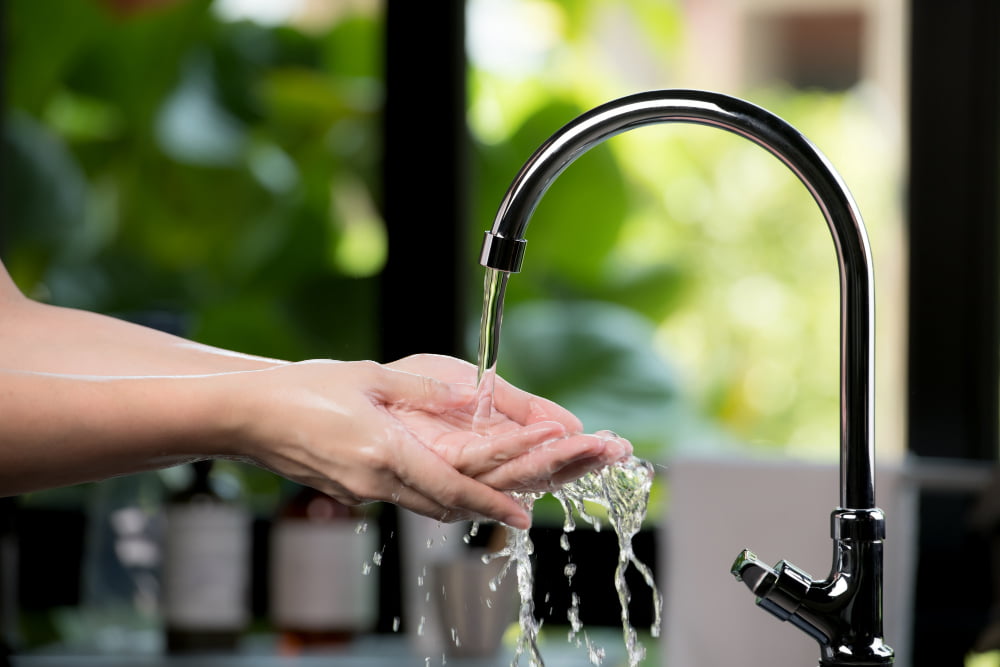Ways to Opt for Plumbing Materials That Are Sustainable
Ways to Opt for Plumbing Materials That Are Sustainable
Blog Article
Just about everyone has their own unique theory in relation to What are some eco-friendly plumbing solutions?.

Choosing environmentally friendly plumbing materials not just helps in reducing your environmental impact yet additionally can enhance the sustainability and performance of your home. Right here's a guide to assist you browse the choices for more ecologically mindful pipes choices.
Take into consideration the Material's Life-span
Go with pipes products that supply resilience and longevity. Longer-lasting materials imply less replacements, reduced waste, and lower long-lasting ecological effect. As an example, copper and stainless steel are both highly durable and 100% recyclable, which helps decrease waste.
Look For Recycled Web Content
Select materials that contain recycled content. Lots of metal pipes products, like those made from copper and stainless steel, often include a significant percentage of recycled products. PVC and PEX can likewise consist of recycled plastics, though their overall ecological impact might be greater due to their production and disposal procedures.
Examine the Manufacturing Process
Look for items manufactured via environmentally friendly procedures. This includes materials like actors iron or copper, which can be generated with a relatively reduced ecological effect contrasted to plastics that require chemical-intensive manufacturing processes.
Focus On Water Performance
Selecting water-efficient components, such as low-flow toilets, faucets, and showerheads, is essential. These fixtures decrease water usage, which not only reduces your water bill yet additionally reduces the energy consumed in water home heating and lowers the strain on sewage treatment centers.
Choose Non-Toxic Materials
Prevent materials that leach chemicals into the water. Copper and PEX are generally non-toxic, however it's important to ensure that any plastic components do not have hazardous chemicals like BPA or phthalates, particularly for alcohol consumption water lines.
Consider the Power Required for Water Home Heating
Select plumbing designs and materials that decrease the energy required for home heating water. Insulating your hot water pipes and picking efficient system formats can substantially reduce the power utilized, therefore reducing your home's general carbon footprint.
Select In Your Area Sourced Materials
Making use of in your area sourced materials can decrease the carbon discharges related to transportation. Additionally, sustaining regional businesses helps promote a lasting neighborhood economic climate.
Examine End-of-Life Disposal
Consider the recyclability and biodegradability of plumbing products. Steels like copper and steel are commonly recyclable, while some plastics and rubbers may not be, adding to garbage dump waste. Comprehending the lifecycle of the products you choose can assist in making an extra lasting choice.
Look for Certifications
Look for items with ecological qualifications. Qualifications like EPA's WaterSense, GREENGUARD, or Cradle to Cradle (C2C) suggest that products meet strict ecological criteria throughout their lifecycle.
Verdict
Selecting environment-friendly pipes products includes thinking about the durability, recycled content, making process, water and energy effectiveness, toxicity, sourcing, disposal, and certifications of the products. By making educated choices, property owners can significantly lower their ecological effect while making sure the effectiveness and long life of their plumbing systems.
The Impact of Plumbing Materials on the Environment
When buying a home you may be interested in having a sustainable home, and one of the most important aspects that you should not overlook the plumbing systems. With water contamination getting more and more common lately, it’s important to understand how plumbing systems work and their impact on the environment. Drinking water is carried through these pipes everyday and when choosing plumbing materials we must consider ecological toxicity, air pollution, fossil fuel depletion, and global warming.
Low Cost
When buying a home you may be looking for the cheapest way to be sustainable. Although some environmentally-friendly products may be somewhat more expensive than their competitors, money will be saved in the form of reduced water usage and decreased energy consumption in the long run.
A Life Cycle Inventory of residential plumbing systems done in 2011 showed that CPVC systems demonstrate 5% less energy waste than PEX systems and 17% less than copper. This study also indicated that CPVC systems wanted 30% less water than copper and 15% less than a PEX system. These numbers are likely due to the differences in thermal conductivity between these materials.
Copper has a thermal conductivity that is hundreds of times higher than plastics. PEX materials are the least thermal conductive of the three tested and this is why it is better in conserving water and energy.
Sustainability
While environmental performance is important, people can still be concerned about the sustainability of their home. The use of proper plumbing materials when building a home can greatly affect the future sustainability of the home, which can also affect future costs and bills.
A relatively new factor in plumbing, eco-friendly pipe materials can reduce both energy costs, and the overall environmental footprint of your home. These materials are not as widely available due to their recent introduction to the industry, but an understanding of the benefits of each can help save both money and the environment later down the line.
Environment-Friendly Materials
The two most common types of piping material in use today are metals like iron and copper, and PVC piping. Of the two, metal piping is more environmentally friendly and sustainable, but not without drawbacks.
PVC piping however, is notorious for low sustainability, contaminating water with chemicals, and increased waste or “greywater”. While PVC is recyclable, the process is expensive and not in high demand due to the cheap price of fresh PVC.
Metal piping however, has a longer lifespan with less chance of deterioration and no harmful chemical waste that could contaminate your water and potentially harm you or your family. Metal piping is susceptible to corrosion however, usually after a long fifty year lifespan.
The best alternative to these two pipings is relatively new eco-friendly plastics like the ones mentioned earlier. Polyethylene and polypropylene are the two main ingredients in these pipes which are recognized by Greenpeace, an environmental organization, to be the only “future-friendly” piping material on the market.
The more natural and longer lasting materials prevent long term contamination with eco-friendly materials that last long enough to rival the longevity of metal piping. Even local Atlanta plumbers and plumbing installers should have access to the materials you need to make your house eco-safe.
https://www.ecomena.org/impact-of-plumbing-materials-on-environment/

Do you really like reading about Eco-Friendly Plumbing Practices for a Greener Home? Post a review down below. We'd be glad to hear your feelings about this content. We hope that you visit us again before long. Do you know another person who is in to the niche? Do not hesitate to share it. We thank you for reading our article about What to Know About Eco-Friendly Plumbing Fixtures.
Call Today Report this page